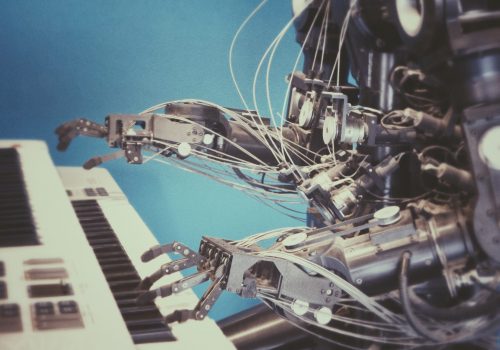DR CATHAL
DR CATHAL DOYLE BIO I’m a lecturer in Information Systems at the School of Information Management, Wellington School of Business and Government. My research platform encompasses three strands: design science research (DSR); technology and learning; and open science. DSR is the method I use to conduct research; I focus on platforms that can be used …









